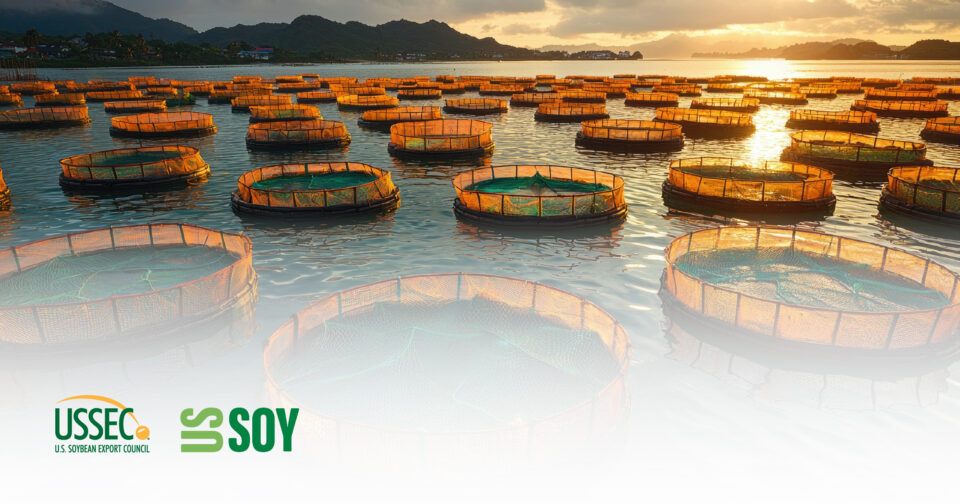
For more than two decades, the Polish Grain & Feed Chamber has been one of the most influential industry associations in Poland. The organization is also very active in Europe through its membership in the European Feed Industry Federation (FEFAC), the European grain industry lobby group (COCERAL), and, most recently, the European Commodities Exchange. The U.S. Soy industry has long worked with the Chamber on many issues, including channeling professional know-how to the Polish grain, feed, livestock and food industries.
On April 21, when the Chamber held its general assembly of members in Warsaw, USSEC brought Beat Spaeth, EuropaBio, director of Green Biotechnology, to speak to this audience on “The Present and Future of Biotechnology in Global & European Agriculture and Food Chain.” Mr. Spaeth explained the massive adoption of biotech crops in the world: in 2015, 18 million farmers in 28 countries planted biotech crops on 179.7 million hectares (approximately 444 million acres), which is just a marginal decline since 2014, despite furious attacks from opponents. “Could 18 million farmers be wrong about this new technology?” the speaker asked the Polish audience.

Speaking about the benefits that biotech crops and their derivatives offer to farmers and consumers, Mr. Spaeth highlighted the sustainability aspect of green biotechnology: production of more food on less land, reduced inputs use, reduced soil erosion, and lower CO2 emissions. The events that are in the public research institutions’ and the biotech industry’s pipeline will bring more benefits, such as resistance to new diseases, better insect and weed control, tolerance of drought and salty conditions, higher nitrogen use efficiency, better livestock feed efficiency and improved biofuel traits. The speaker stressed the consumer benefits, especially more healthy edible oils and enhanced nutritional value.

Commenting on the attitude to green biotechnology and regulatory practices in the EU, Mr. Spaeth pointed to the common hypocrisy at both Brussels’ and member states’ levels, namely stated support to innovation in agriculture and practiced expelling innovation by delaying authorization for imports, blocking applications for cultivation, and the sharp reduction of field trials. These actions cause the commercial biotech pipelines to focus not on Europe, but on other continents.

USSEC Technical Director – Northeast Europe Jerzy W. Kosieradzki thanked the Polish professional audience and the leaders of the Polish Grain & Feed Chamber for taking the lead in the local battle for extension of the moratorium on implementation of the Polish legal ban on GM feeds that was partially successful. The date of the ban’s implementation was set for January 1, 2019, not 2021, as the industry originally proposed.

